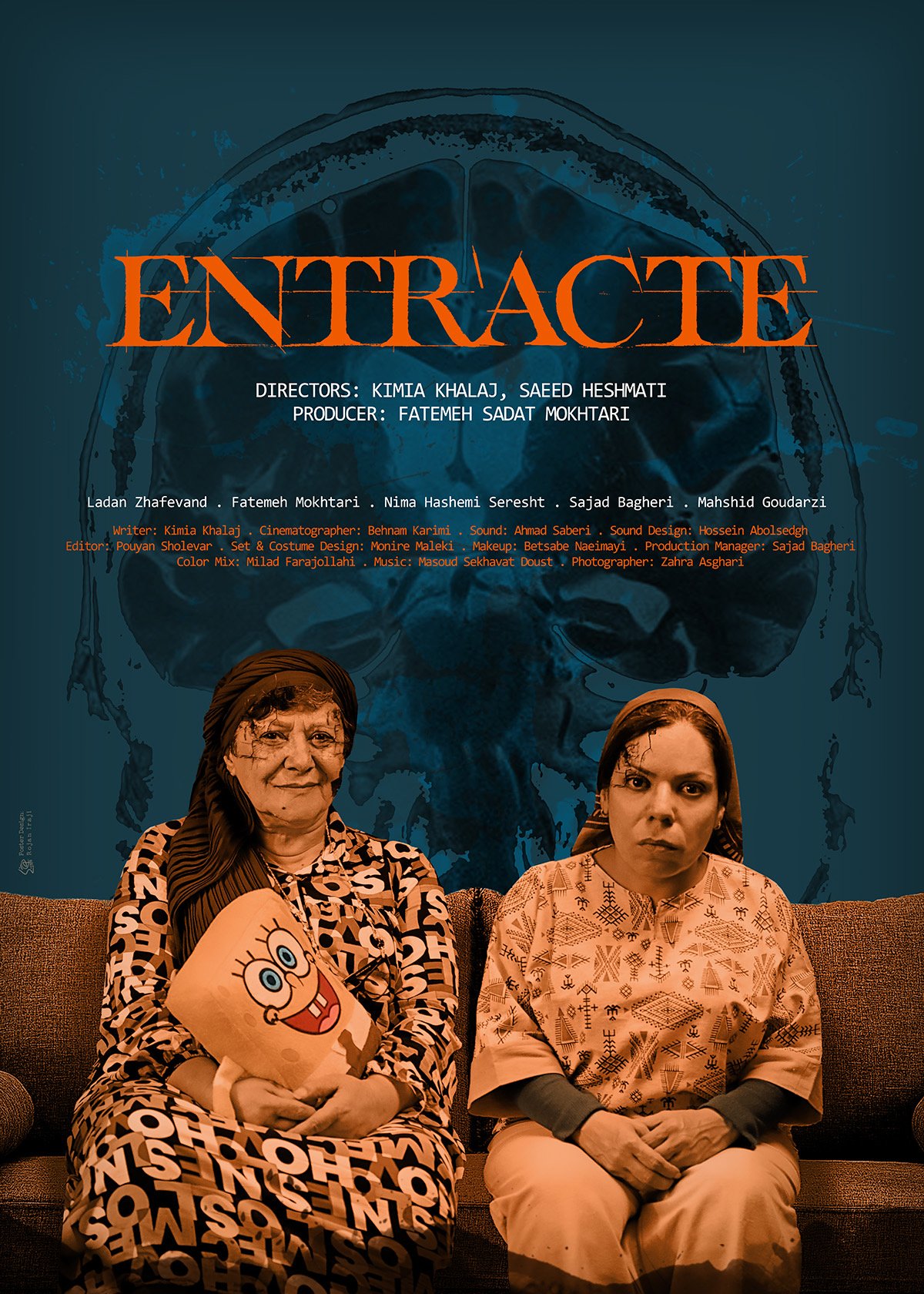Interview with Iranian actress Fatemeh Mokhtari
Welcome Fatemeh, we are very excited to have you today with us to discuss about your work.
First off, Who is Fatemeh Mokhtari, and how did your passion for filmmaking begin?
My name is Fatemeh and I was born in the summer of 1981 in Kerman province. I have a master's degree in judicial law and currently work at Saderat Bank of Iran. In addition to my work in law, I have had a lifelong interest in acting and cinema. After completing three training courses, I began to get to know the people behind the scenes, which eventually led me to become a producer.
Can you tell us a bit about yourself and how you got involved in the film industry, particularly in Iran?
After completing three training courses and developing an interest in acting and children's cinema, I started to learn about the agents and people behind the scenes. This eventually led me to become a producer. Furthermore, because of my short stature and the lack of representation of people with a similar physique to mine in Iranian cinema, I decided to search for a project that could represent people like me and create a name for myself in the industry.
CONVERSATION ABOUT: Entracte
How does the film explore the cultural and societal expectations placed on women in Iran, especially in terms of marriage and caregiving roles?
This film tells the story of a woman's experience with loneliness. The writer and I, as an actor, aimed to explore the challenges and struggles of loneliness, while also highlighting the strength and resilience of women in such situations. The main focus of our character, Monir, is her mother. She has neglected her own needs, including her marriage, job, and personal life, to care for her mother. We believe that the film has successfully contributed to the cultural conversation around issues such as loneliness, caregiving, social isolation, and remaining single.
How did you approach portraying the character of Monir in "Entracte"? What aspects of her personality did you find most challenging or interesting to bring to life?
Monir may have been physically weaker than other members of his family, but he possessed a spirit of selflessness, sacrifice, and love for his family, particularly for his mother. Despite his busy schedule, he had a strong sense of responsibility and protection when it came to caring for his mother.
What kind of research or preparation did you undertake to understand the experiences of someone like Monir, dealing with caregiving responsibilities and the challenges of aging parents in an Iranian context?
In Iranian culture, mothers hold a special place of honor. However, due to modernization, it has become increasingly difficult for some families to care for their aging mothers. This has been a social dilemma that has been on my mind for a long time, as most of my research studies focus on challenges faced by the elderly. I have conducted extensive research on the challenges faced by elderly people, particularly those affected by Alzheimer's disease, as well as on the living conditions of those around them.
Were there any memorable or challenging moments during the production that stand out to you?
During the filming of two scenes, I had to portray the difficult separation from my mother who was very dependent on me. I put all my heart into it and when the filming was finished, all the actors around me were in tears. It was a challenging experience.
What do you hope the audience takes away from "Entracte," especially in terms of its themes surrounding family, sacrifice, and the challenges faced by women in Iran?
Due to the busyness of modern life, it can be challenging to balance family responsibilities and allocate time for parents.
Are there any upcoming projects or themes you're eager to explore in your future work, either as an actor or producer?
Projects about social and family issues affecting working children, as well as topics related to my work and public speaking.
How do you see the Iranian film industry evolving, and what role do you hope to play in its development?
Iran's cinema industry is making progress and has been instrumental in training first-time directors by supporting newcomers and producing short films.
This marks the conclusion of the interview featuring our esteemed artist, Fatemeh Mokhtari. Our community is growing steadily, with a continuous influx of skilled filmmakers and screenwriters joining us. Explore our other interviews, and consider scheduling one for yourself to showcase your creative endeavors.
To publish an interview simply submit on the INTERVIEW OF YOUR FILM category on our Filmfreeway page.






